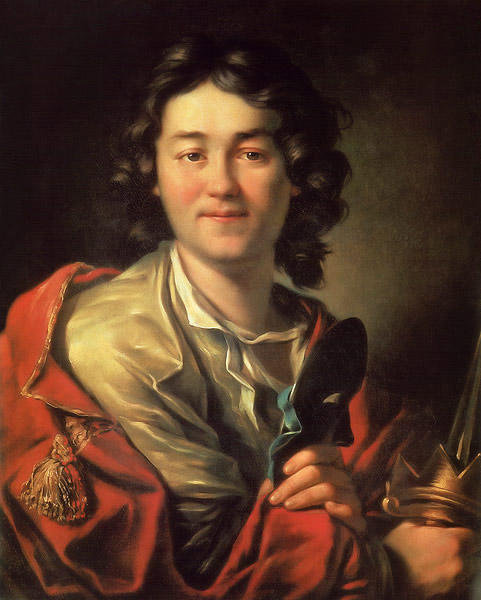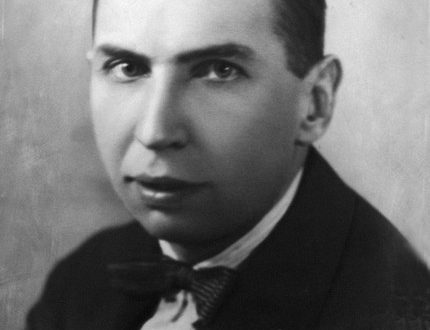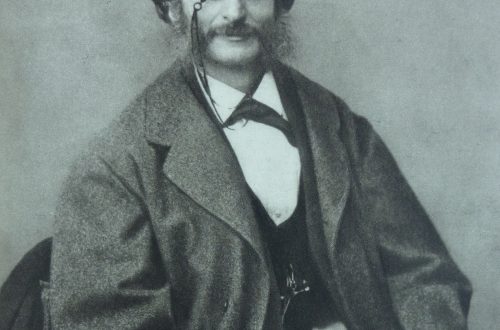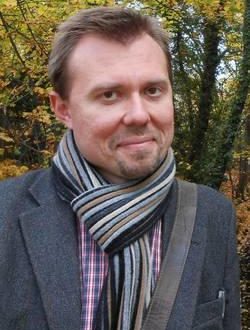
Fyodor Volkov |
Fyodor Volkov
Russian actor and director, considered the founder of the first public professional theater in Russia.
Fedor Volkov was born on February 9, 1729 in Kostroma, and died on April 4, 1763 in Moscow from an illness. His father was a merchant from Kostroma, who died when the boy was still very young. In 1735, his mother married the merchant Polushnikov, who became Fyodor’s caring stepfather. When Fedor was 12 years old, he was sent to Moscow to study industrial business. There the young man learned the German language, which he later mastered perfectly. Then he became interested in theatrical performances of students of the Slavic-Greek-Latin Academy. Novikov spoke of this young man as an exceptionally diligent and diligent student, especially disposed towards the sciences and arts: “he was passionately attached … to the knowledge of the sciences and arts.”
In 1746, Volkov came to St. Petersburg on business, but he did not leave his passion either. In particular, they say that visiting the court theater made such a strong impression on him that over the next two years the young man took up the study of theater and performing arts. In 1748, Fyodor’s stepfather died, and he inherited the factories, but the young man’s soul lay more in the field of art than in the management of factories, and soon Fyodor handed over all the affairs to his brother, deciding to devote himself to theatrical activities.
In Yaroslavl, he gathered friends around him – lovers of theatrical productions, and soon this established troupe gave its first theatrical performance. The premiere took place on July 10, 1750 in an old barn that the merchant Polushkin used as a warehouse. Volkov staged the play “Esther” in his own translation. The following year, a wooden theater was built on the banks of the Volga, which housed Volkov’s troupe. The birth of the new theater was marked by the production of the play by A.P. Sumarokov “Khorev”. In the Volkov Theater, besides himself, his brothers Grigory and Gavrila, the “clerks” Ivan Ikonnikov and Yakov Popov, the “churchman” Ivan Dmitrevsky, the “peepers” Semyon Kuklin and Alexei Popov, the barber Yakov Shumsky, the townspeople Semyon Skachkov and Demyan Galik played . It was indeed the first public theater in Russia.
Rumors about the Volkov Theater reached St. Petersburg, and Elizaveta Petrovna, who in every possible way contributed to the development of Russian culture, summoned young actors to the capital by a special decree: and Grigory, who maintain a theater in Yaroslavl and play comedies, and who they still need for this, bring to St. Petersburg <...> for the speedy delivery of these people and their belongings here, to give pit carts for it and for them from the treasury money…”. Soon Volkov and his actors played their performances in St. Petersburg in front of the empress and the court, as well as the land gentry corps. The repertoire included: tragedies by A.P. Sumarokov “Khorev”, “Sinav and Truvor”, as well as “Hamlet”.
In 1756, the Russian Theater for the Presentation of Tragedies and Comedies was officially established. Thus began the history of Imperial theaters in Russia. Fyodor Volkov was appointed “the first Russian actor”, and Alexander Sumarokov became the director of the theater (Volkov took this post in 1761).
Fedor Volkov was not only an actor and translator, but also the author of several plays. Among them are “The Court of Shemyakin”, “Every Yeremey Understand Yourself”, “Entertainment of Moscow Residents about Maslenitsa” and others – all of them, unfortunately, have not been preserved to this day. Volkov also wrote solemn odes, one of which was dedicated to Peter the Great, songs (there are “You are passing by the cell, dear” about the forcibly tonsured monk and “Let’s become, brother, sing an old song, how people lived in the first century” about the past Golden Age ). In addition, Volkov was engaged in the design of his productions – both artistic and musical. And he himself played various musical instruments.
Volkov’s role in the coup d’état that brought Empress Catherine the Great to the Russian throne is mysterious. There is a well-known conflict between the theatrical figure and Peter III, who refused Volkov’s services as a composer and director of operas at the Oranienbaum Theater. Then Peter was still the Grand Duke, but the relationship, apparently, was ruined forever. When Catherine became empress, Fyodor Volkov was allowed to enter her office without a report, which, of course, spoke of the special disposition of the empress to the “first Russian actor.”
Fedor Volkov showed himself as a director. In particular, it was he who staged the “Triumphant Minerva” masquerade organized in Moscow in 1763 in honor of the coronation of Catherine II. Of course, the image was not chosen by chance. The goddess of wisdom and justice, the patroness of sciences, arts and crafts personified the empress herself. In this production, Fyodor Volkov realized his dreams of a golden age, in which vices are eradicated and culture flourishes.
However, this work was his last. The masquerade lasted 3 days in severe frost. Fedor Grigoryevich Volkov, who took an active part in its conduct, fell ill and died on April 4, 1763.





